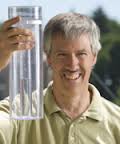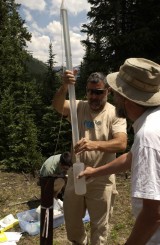Enjoy the two features we offer today, June 4:

Photo courtesy Tom Anchordoquy
Feature #1 (start time 5:36): Cancer drugs are much more targeted than they were many years ago. But researchers are still trying to find a way to deliver drugs much more precisely to cancer cells, partly to avoid damaging, sometimes lethal, side effects. A huge obstacle has been getting nucleic acids to cross the membrane of cancer cells. A new study has brought researchers closer to crossing this big hurdle. Dr. Tom Anchordoquy, a lead author of the study, speaks with co-host Susan Moran about the study and what it means for cancer patients and researchers. Dr. Anchordoquy is an investigator at the University of Colorado Cancer Center in Denver and a professor at the Skaggs School of Pharmacy and Pharmaceutical Sciences.
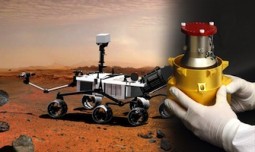
Feature #2 (start time 15:02): Being an astronaut is a risky job, but perhaps one of the less-known risks is the high levels of radiation beyond the relatively protective cocoon of Earth’s magnetic field. This will be a particularly important problem to address for long-duration deep-space flight such as going to Mars. Until recently there have not been a lot of measurements available of the interplanetary radiation field for the types of radiation that could affect humans. But on the Curiosity rover of the Mars Science Laboratory, there is a radiation detector designed to make those important measurements. The instrument team recently published their initial results. Dr. Don Hassler, Science Program Director at Southwest Research Institute’s Boulder office and the Principal Investigator for the Radiation Assessment Detector on the Mars Curiosity rover, talks with co-host Joel Parker about the results.
Hosts: Susan Moran, Joel Parker
Producer: Susan Moran
Engineer: Joel Parker
Executive Producer: Joel Parker
Listen to the audio here:
Podcast: Play in new window | Download (Duration: 24:40 — 22.6MB)
Subscribe: RSS

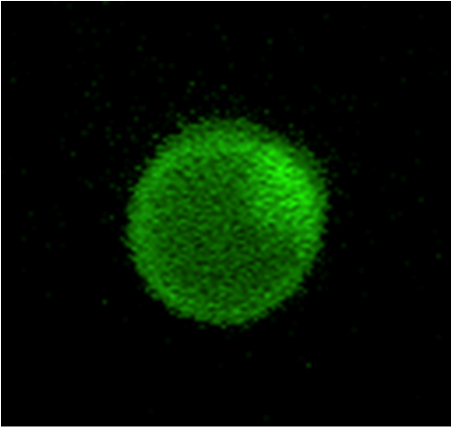


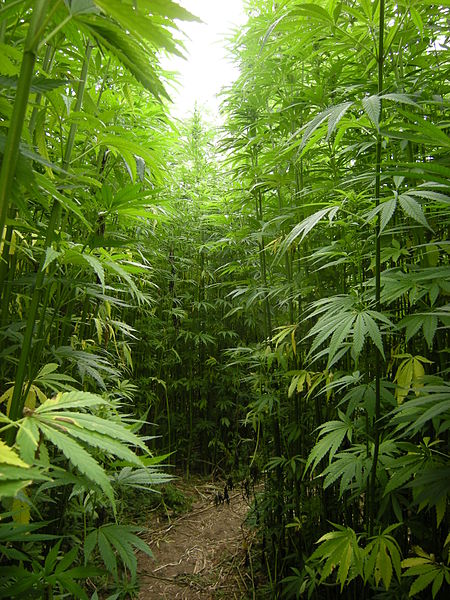

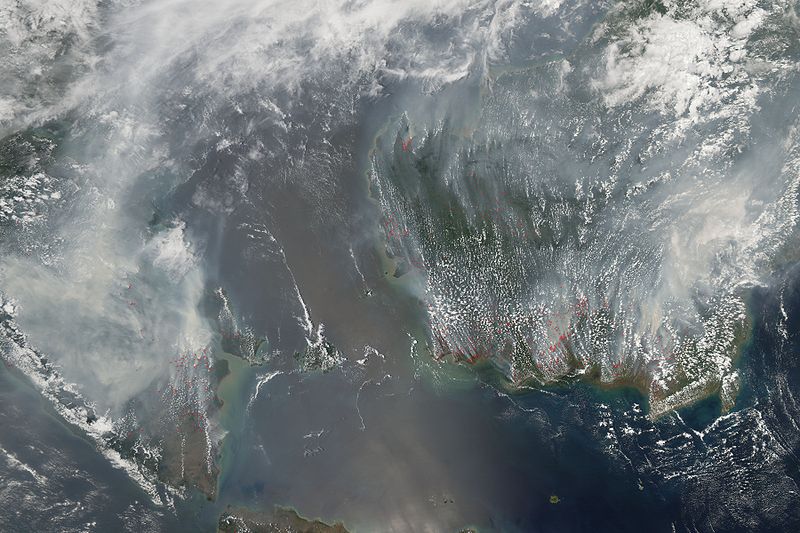
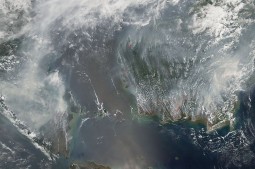

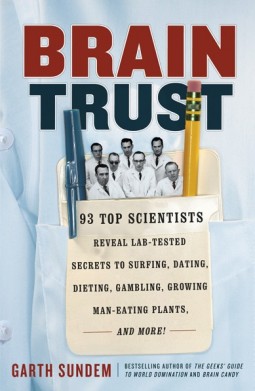 Brain Trust (starts at 4:23) When you are trying to make a decision about something important or having a disagreement with someone, don’t you sometimes wish you had a scientist with you – a world expert on the topic at hand – to help you out? In fact, it would be great to have dozens of experts in many fields available, sort of your own personal Brain Trust. Well, luckily
Brain Trust (starts at 4:23) When you are trying to make a decision about something important or having a disagreement with someone, don’t you sometimes wish you had a scientist with you – a world expert on the topic at hand – to help you out? In fact, it would be great to have dozens of experts in many fields available, sort of your own personal Brain Trust. Well, luckily  Drought (starts at 15:10) Given all the rain and snow on the Front Range and beyond lately, you’d think that Colorado is emerging from the persistent drought, right? But last year was one of the hottest and driest on record in the state and some regions have yet to recover. Among those who have suffered the most from the persistent drought are farmers and ranchers. In fact, some have sold off cattle and even shuttered their businesses. That said, high prices have boosted profits for some wheat farmers, for instance. To find out just how badly many farmers and ranchers have been hit by the drought, researchers at Colorado State University have been surveying them annually for a while. Host Susan Moran talks with Christopher Goemans, a resource economist in the
Drought (starts at 15:10) Given all the rain and snow on the Front Range and beyond lately, you’d think that Colorado is emerging from the persistent drought, right? But last year was one of the hottest and driest on record in the state and some regions have yet to recover. Among those who have suffered the most from the persistent drought are farmers and ranchers. In fact, some have sold off cattle and even shuttered their businesses. That said, high prices have boosted profits for some wheat farmers, for instance. To find out just how badly many farmers and ranchers have been hit by the drought, researchers at Colorado State University have been surveying them annually for a while. Host Susan Moran talks with Christopher Goemans, a resource economist in the 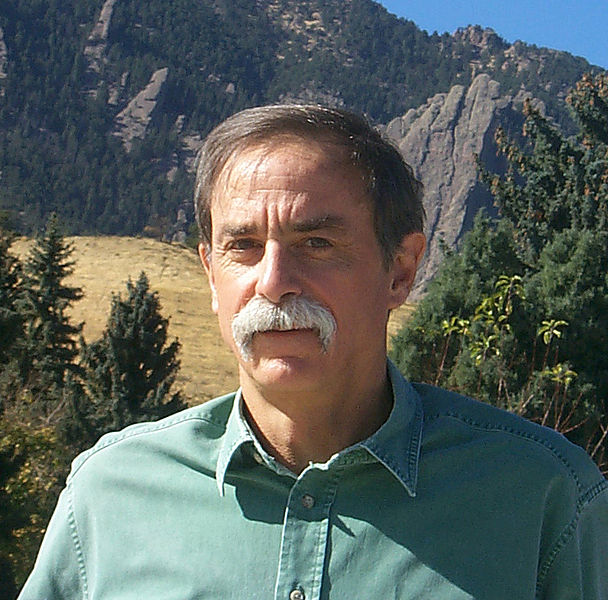

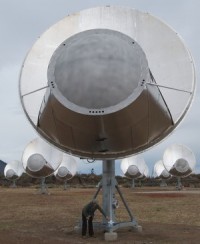

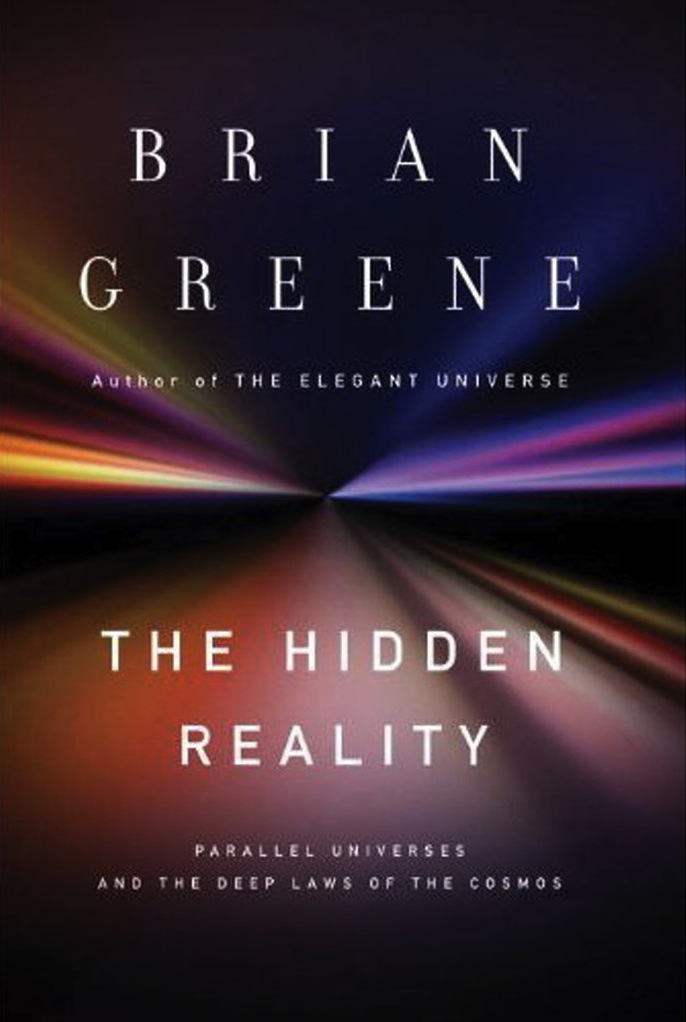
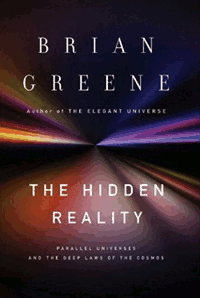 The concept of a parallel universe, a universe remarkably like our own but with some subtle difference, has been the staple of science fiction stories for years. But it is an idea that is seriously discussed in real science starting many decades ago when physicists wrestled with the weird implications of Quantum Mechanics, and recently has appeared in many other guises in other areas of physics. One of the leading scientists in studying these ideas and explaining the mind-bending concepts to non-experts is Professor
The concept of a parallel universe, a universe remarkably like our own but with some subtle difference, has been the staple of science fiction stories for years. But it is an idea that is seriously discussed in real science starting many decades ago when physicists wrestled with the weird implications of Quantum Mechanics, and recently has appeared in many other guises in other areas of physics. One of the leading scientists in studying these ideas and explaining the mind-bending concepts to non-experts is Professor 
 Russian Meteor (starts at 4:28) Just a few days ago on February 15th, a large meteor broke up in the skies over Russia, creating an air blast and sonic boom, which caused damage to buildings that injured over 1,000 people. We talk with
Russian Meteor (starts at 4:28) Just a few days ago on February 15th, a large meteor broke up in the skies over Russia, creating an air blast and sonic boom, which caused damage to buildings that injured over 1,000 people. We talk with 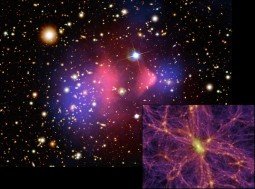 Dark Matter (starts at 12:45) Maybe you’ve heard about it. Maybe you even know that it is everywhere throughout the universe. But for such a ubiquitous material, what do you really know about Dark Matter? If the answer is “Not much,” don’t worry, you are in good company; many scientists would say the same thing. But, you’re in luck because we have
Dark Matter (starts at 12:45) Maybe you’ve heard about it. Maybe you even know that it is everywhere throughout the universe. But for such a ubiquitous material, what do you really know about Dark Matter? If the answer is “Not much,” don’t worry, you are in good company; many scientists would say the same thing. But, you’re in luck because we have 